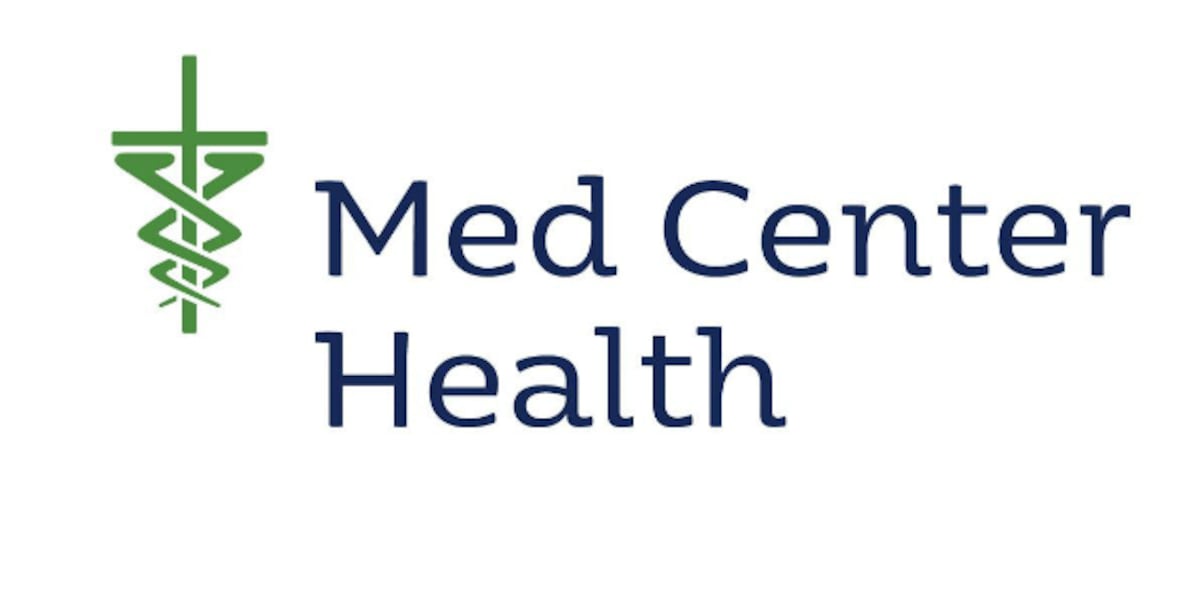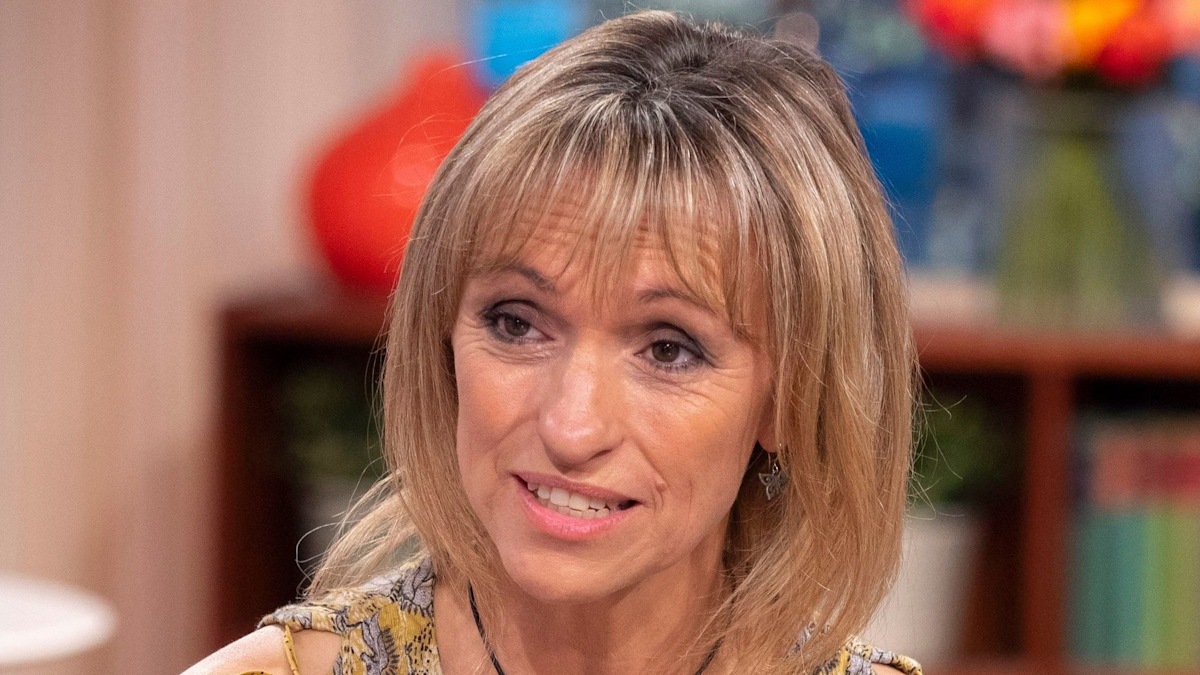Michelle Obama's Podcast Comments Spark Heated Debate on Women's Reproductive Rights in South Africa

Former First Lady Michelle Obama's recent podcast appearance has ignited a fiery debate, particularly within South Africa, regarding women's reproductive health rights. Her comments, discussing personal experiences and advocating for access to comprehensive reproductive care, have drawn both praise and strong criticism from pro-life activists and commentators.
During a conversation on her podcast, “The Michelle Obama Podcast,” the former First Lady spoke candidly about the importance of women having control over their bodies and the critical need for access to reproductive healthcare services, including contraception and safe abortion. She emphasized the impact these choices have on a woman's overall well-being, her ability to pursue education and career goals, and the future of her family.
“For women, reproductive health is foundational to so many other things,” Obama stated. “It’s about having the autonomy to make decisions about your own body and your own life. When women have access to the healthcare they need, they thrive, and their families thrive.”
However, these remarks have triggered a wave of backlash from pro-life groups, who argue that Obama's views disregard the sanctity of life and promote a culture of abortion. They have accused her of trivializing the moral and ethical considerations surrounding reproductive health decisions.
The controversy has resonated deeply in South Africa, a country with a complex history of reproductive rights and ongoing debates surrounding access to abortion services. South Africa's Choice on Termination of Pregnancy (CTOP) Act of 1996 allows women to terminate pregnancies up to 20 weeks, but access to these services remains unevenly distributed, particularly in rural areas. Socio-economic factors also play a significant role, with many women facing financial barriers to accessing quality reproductive healthcare.
The debate has reignited discussions about the role of government in ensuring equal access to reproductive healthcare and the importance of comprehensive sex education in schools. Activists on both sides of the issue are using the controversy to raise awareness and advocate for their respective positions.
Many South African women have expressed support for Obama's message, highlighting the challenges they face in accessing reproductive healthcare and the importance of having control over their reproductive choices. They argue that limiting access to these services disproportionately affects women from marginalized communities.
“Michelle Obama’s words are a reminder that these conversations are vital,” said Nomusa Mthethwa, a reproductive health advocate in Johannesburg. “We need to continue fighting for the right of every woman to make informed decisions about her body and her future, without fear of judgment or legal repercussions.”
The controversy surrounding Michelle Obama’s podcast comments underscores the ongoing global debate about reproductive rights and the importance of fostering respectful dialogue on this sensitive issue. In South Africa, it serves as a catalyst for continued advocacy and action to ensure equitable access to reproductive healthcare for all women.





